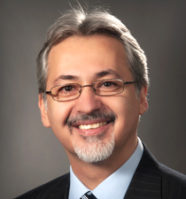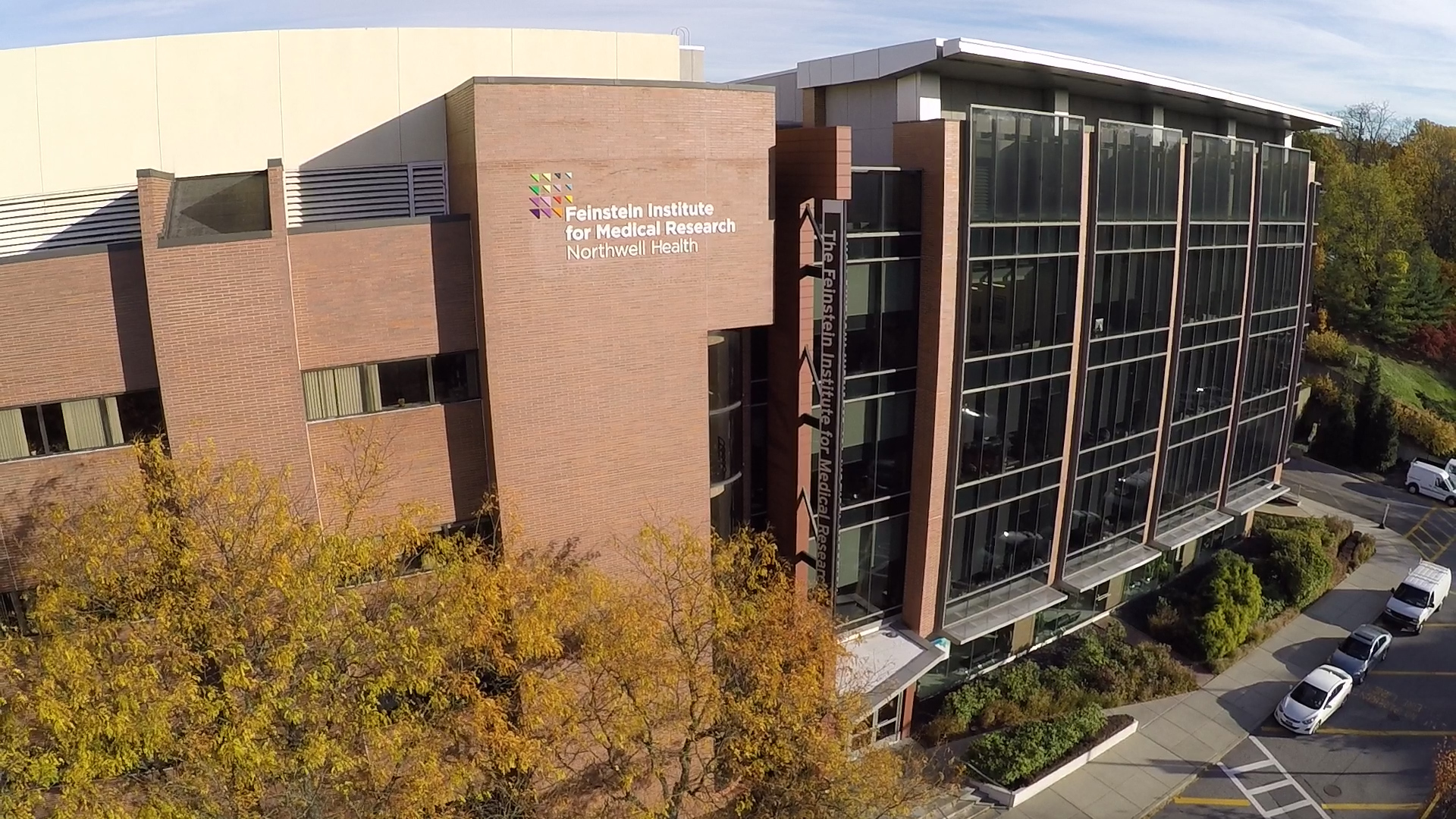A Feinstein Institute for Medical Research professor received a five-year $1.65 million grant from the National Institutes of Health for a study that may lead to identifying new therapeutic targets within the scope of bioelectronic medicine, Feinstein announced last Thursday.
Professor Valentin A. Pavlov’s study will examine the vagus nerve’s role in the inflammation and metabolism associated with sepsis. Gaining a better understanding of the nervous system’s signaling during sepsis could help identify the new therapies, according to a Feinstein news release.
A previous study conducted by Pavlov and Feinstein President and CEO Dr. Kevin J. Tracey, led to what has been called the inflammatory reflex, showing that the brain and the vagus nerve are involved in controlling immune responses and inflammation, according to the release.

(Photo courtesy of Northwell Health)
Pavlov will now examine the role of the vagus nerve originating in the brainstem in the regulation of immune responses and metabolism during sepsis, according to the release.
“While we have uncovered that the nervous system, specifically the vagus nerve, regulates inflammation in the body, we do not know the exact neural signaling taking place during sepsis,” Pavlov said in the release. “With this support from the NIH, we aim to better understand the communication between the vagus nerve and the body’s immune and metabolic responses during sepsis – this should help us identify new therapeutic targets. And this could lead to new medications or bioelectronic medicine therapies for sepsis and its long-reaching sequelae.”
In the study, Pavlov will map the neural signals coming from the brainstem through the vagus nerve to the body’s organs during sepsis, according to the release.
Sepsis, a body-wide immune system reaction to an infection, kills more than 30,000 people in the Unites States each year, and leaves many others disabled, according to the release.
Understanding why dysregulation of immune function occurs will help design new therapeutic approaches, according to the release.
“Dr. Pavlov is taking a new and creative approach to researching the role of the nervous system in sepsis,” said Dr. Tracey. “The results should give new insights to benefit future patients with sepsis.”



